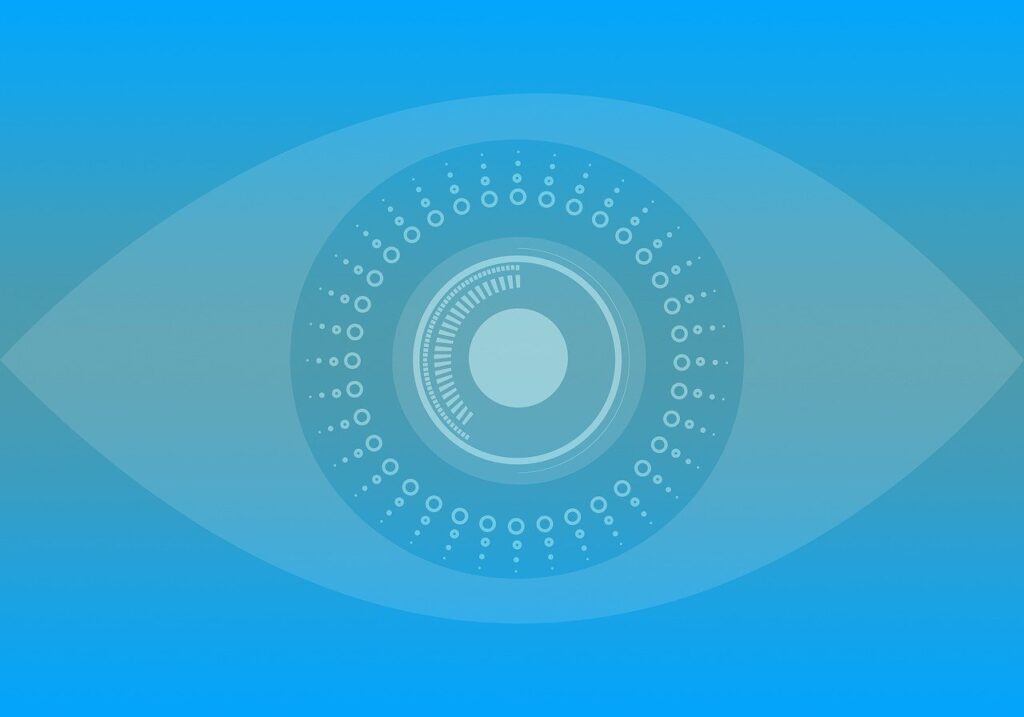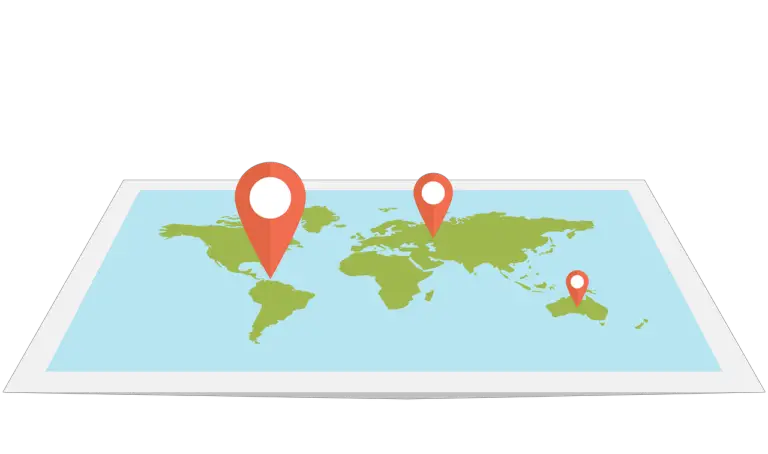
Analysts at Insikt Group have uncovered that 15 telecommunications companies across Central Asia and Latin America are actively employing digital surveillance technologies.
Among the software providers are major players such as Citadel, Norsi-Trans, and Protei, which are expanding their international footprint by participating in exhibitions across Africa, Latin America, and the Middle East. The primary buyers of these technologies include Kazakhstan, Kyrgyzstan, Uzbekistan, Cuba, and Nicaragua.
The surveillance systems are designed to intercept internet and telecommunications traffic without notifying the providers themselves. This lack of transparency increases the potential for misuse, particularly in nations with limited governmental oversight. In several instances, these systems have been utilized to suppress political opposition, journalists, and activists.
Experts have discovered that the specialized software enables the storage of user data and metadata within system databases, significantly enhancing the capabilities of law enforcement agencies.
The risks associated with the deployment of such systems extend beyond citizen privacy to encompass the security of corporate information. Companies operating in countries equipped with these tracking systems may be subject to monitoring, placing commercial data at serious risk.
Researchers at Insikt Group recommend the use of encryption tools, avoiding local providers, restricting access to sensitive information during travel, and conducting thorough digital threat assessments.


